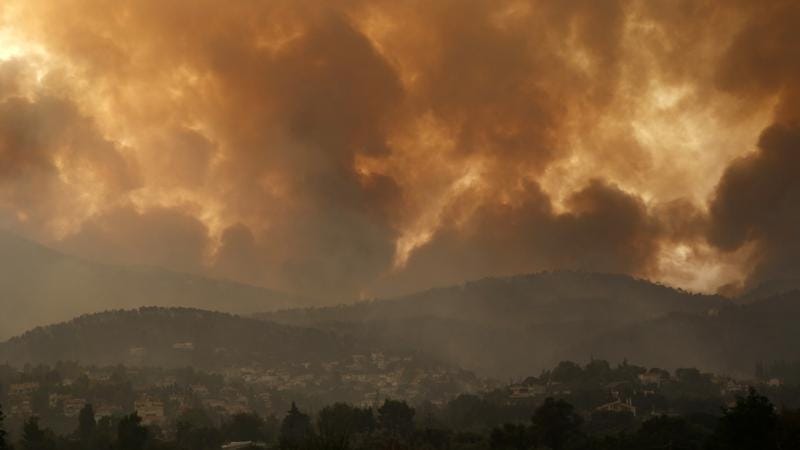UN: Code Red for Humanity
‘Nowhere to run’: UN report says global warming nears limits
By SETH BORENSTEIN18 minutes ago
Keep reading with a 7-day free trial
Subscribe to Global Community Weekly (GloCom) to keep reading this post and get 7 days of free access to the full post archives.


